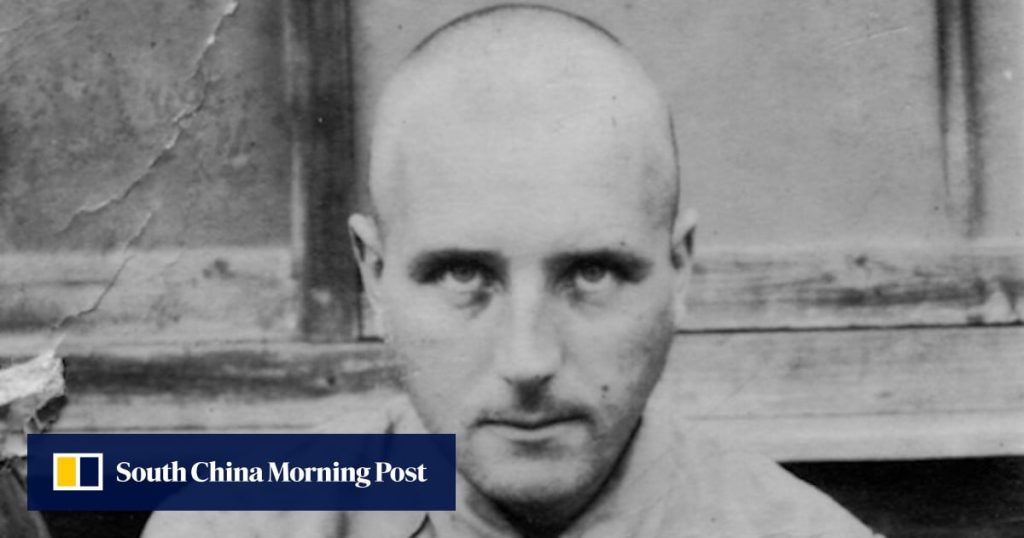The son of a British soldier who endured three years as a prisoner of war (POW) has expressed deep disappointment that senior Japanese politicians ignored invitations to a commemorative event on Tuesday to mark 80 years since Tokyo’s formal surrender in the second world war and the liberation of thousands of Allied prisoners of war.
Terry Smyth, a fellow in the history department at the University of Essex, said it would have been particularly appropriate if Yoshimasa Hayashi, the chief cabinet secretary and tipped as a future prime minister, had taken part in the ceremony at the Yokohama Commonwealth War Cemetery as his father, Private Edwin Smyth, had been put to work in a coal mine operated by Hayashi’s family during the war.
Edwin Smyth, who served in an anti-aircraft unit of the Royal Artillery and was captured after Java fell in March 1942, contracted malaria, beriberi, dysentery, and dengue fever and suffered from malnutrition during his time in captivity. He was haunted by PTSD-induced nightmares for decades following his liberation in 1945.
“I am saddened but not surprised,” Terry Smyth said of Hayashi’s refusal to attend the event. “We might say that it is rather impolite. I am not sure what he or any other member of the Japanese government would have to lose.”
He added that the Japanese government “has been unnecessarily defensive in its posture” towards the families of Far East POWs.
“I don’t think they appreciate that most of the British Far East POW families simply want information, not financial compensation,” he told This Week in Asia. “Make travel to POW sites easier, recognise the suffering of the POWs through state-sanctioned memorials and be less ‘touchy’ about criticism.


